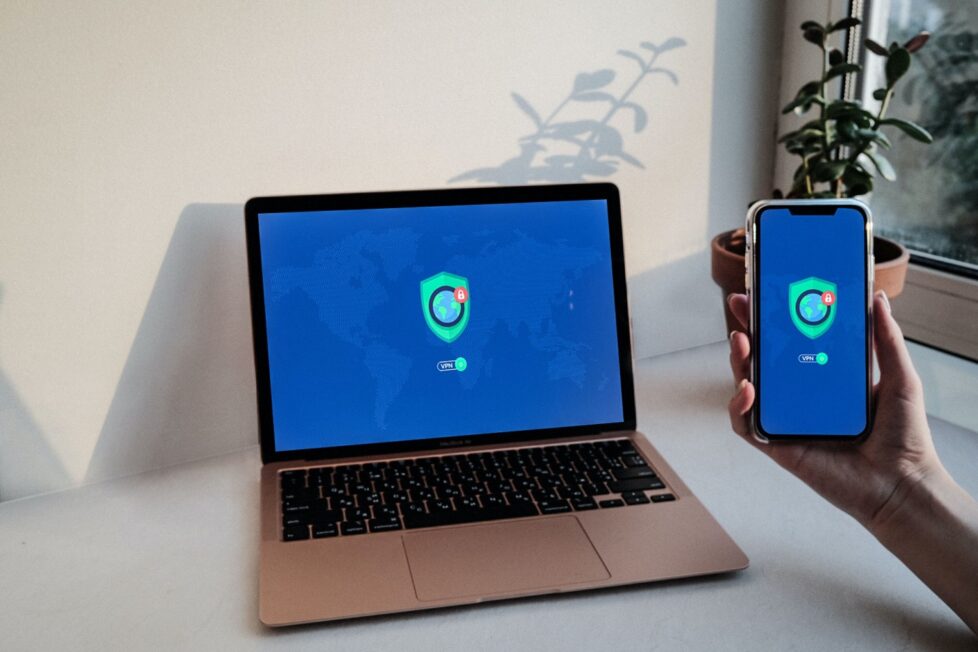Debunking the Largest Myths and Misconceptions about VPNs


There are countless VPN myths floating around the internet, often perpetuated by VPN providers themselves. These marketers are quick to make claims, from partially truthful statements to outright falsehoods like the notion that no VPN logs your data.
Despite the exaggerations promoted by VPN companies, using a VPN is an essential security measure for safeguarding your privacy while online. Today, we will debunk some of the most prevalent VPN myths, enabling you to make smarter choices when it comes to your online security.
Consumer VPNs are typically used to bypass geo-restrictions and access content from different regions. However, the benefits of an enterprise-level VPN go far beyond that. Unlike a consumer-level VPN, encrypting your data and protecting it from threats, an organization’s virtual private network offers a much broader range of features.
Do VPNs actually protect you? It provides access to private applications within your corporate network, along with security tools like content filtering and access management. This additional layer of security is especially important when using public Wi-Fi networks or conducting business transactions online.
While both proxies and VPNs redirect your connection through a secondary server to mask your IP address, only VPNs encrypt your internet traffic. This means that any attempts by snoops to gather information from spying on you will be in vain. For more detailed information, you can refer to the VPN vs Tor vs Proxy guide.
Without encryption, your online activities can be traced back to your actual IP address by hackers, advertisers, censors, and other malicious entities. Therefore, relying on a proxy for personal internet security is not recommended. It is best to use a VPN to ensure your online privacy and security.
Does VPN slow down the Internet? It’s a bit complicated, as always. Usually, a VPN affects your browsing speed because it encrypts your traffic and routes it through a different VPN server before reaching its destination. This takes time, similar to making a stop at the grocery store on your way back from work.
However, not all slowdowns are equal. The extent to which your VPN speed diminishes depends on various factors, including the quality of your VPN, the protocol you’re using, and the physical distance to your chosen VPN server. Moreover, if your VPN is slow, you just need a new VPN provider. If you choose a top-notch service like VeePN, you might even get a small speed boost. With a VPN server nearby and a speedy protocol like IKEv2 or WireGuard, you may hardly detect any change while using the VPN.
It’s a little complicated, but here’s the deal: sometimes, using a VPN can actually make your internet speeds faster, but in most cases, it won’t make much of a difference.
The truth about VPN services is that a VPN can help boost your browsing speed if your internet service provider (ISP) is intentionally slowing down your connection. ISPs have reasons for doing this, or sometimes no reason at all, but they can only slow you down if they know who and where you are.
So, here’s a way to check if you’re being throttled: use a website like speedtest.net to run two-speed tests, one without a VPN and one with a fast VPN. If the VPN gives you better speeds, it means your ISP is slowing you down, and using a VPN may just be the solution you need.
Does VPN help against viruses? With a VPN service, you can safeguard your connection and thwart the efforts of malicious software. VPN servers typically restrict ports, rendering it arduous for malware infections to establish connections with their handlers to transmit data or receive instructions.
Numerous VPN providers also offer additional security features, such as Adblock, which help prevent the loading of ads and computer viruses on malware-infected websites. Utilizing programs like Adblock ensures that VPN users can browse safely and protect their devices from potential risks.
When you board a boat, they usually provide you with a life jacket. However, that doesn’t mean you can jump overboard whenever you feel like it.
A VPN is important, but it can’t solely replace common sense. Firstly, it cannot safeguard you against IP address attacks if the attacker already knows your actual IP address. This includes DDoS attacks that are common among sore losers in online games.
Furthermore, it won’t protect your personal information if you choose to share it on public forums. If your home address is visible on your Facebook profile, a VPN won’t prevent you from being doxxed.
Conclusion
There are loads of misconceptions and myths floating around about VPNs. Even if you have a top-notch VPN service like VeePN at your disposal, ultimately your critical thinking skills are your defense for staying secure.
